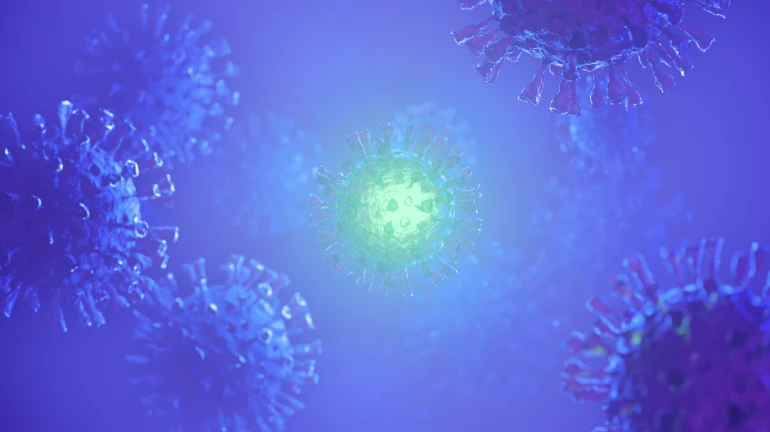
A study conducted across Maharashtra has revealed that around 20 per cent of COVID-19 patients who developed a neurological disorder known as Guillain-Barré syndrome (GBS) have died. However, the study found that the rest of the patients recovered quickly.
“Guillain-Barré Syndrome has been shown to be associated with severe acute respiratory syndrome coronavirus-2 (SARS-CoV-2) infection,” the study said. A total of 42 patients participated in this study. The findings have been published in the ‘Annals of Indian Academy of Neurology’ which is a peer-reviewed journal published by the Indian Academy of Neurology.
Read - 7 Simple Ways To Deal With Post-Covid Fatigue
The researchers collected details of COVID-19 patients with GBS between March and November 2020 from 16 hospitals in the state. A bulk of these hospitals were from Mumbai.
As per the study, around three-quarters of the suffering patients were men with an average age of 59. The study’s lead author, Dr Megha Dhamne said, “About a third of these patients came to hospital with GBS and not Covid-19 symptoms. Of these, six were asymptomatic for Covid despite testing RT-PCR positive.”
“The majority had a good outcome and were walking independently or with minimal support at discharge,” Dr Dhamne added.
GBS impacts 0.4 to 4.0 people per 1,00,000 every year. The disease generally takes shape around 6 weeks after the patient has recovered from a viral infection. It is known to destabilize the body and can sometimes take months to fully recover. Some severe patients are unable to walk for some months.
Global studies have found that 30 per cent of COVID-19 patients can develop neurological symptoms like fatigue, Bell’s palsy, stroke, and sensory problems including loss of smell.
The recently concluded study categorized patients into two categories. One group developed GBS after leaving the hospital and another developed GBS while recovering from COVID-19.
Doctors also found that the treatment differed based on the group they belonged to. Intravenous immunoglobulin, the treatment for GBS, worked for patients who developed GBS post-hospitalization. Meanwhile, some other patients needed COVID-19 medication such as remdesivir and tocilizumab.
Also read - Railway Authorities Take Action Against Passengers Travelling Without Masks





